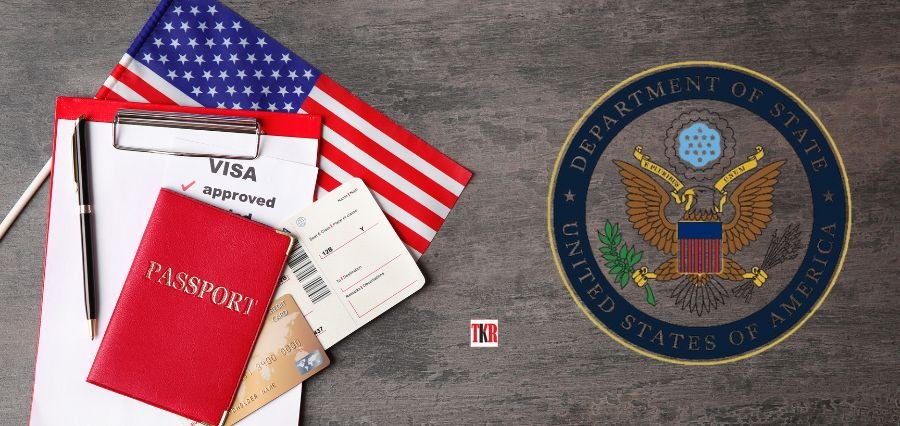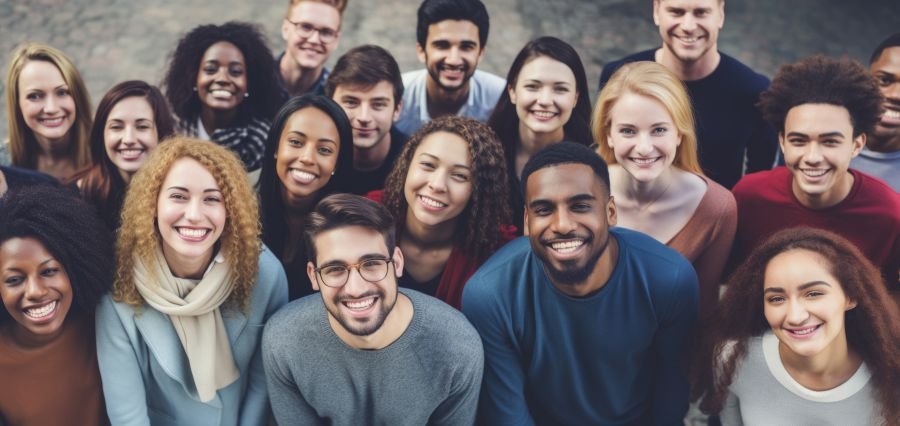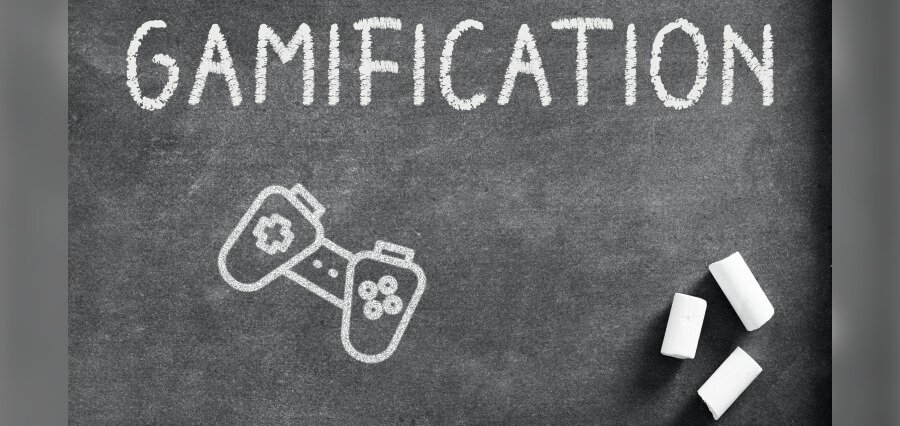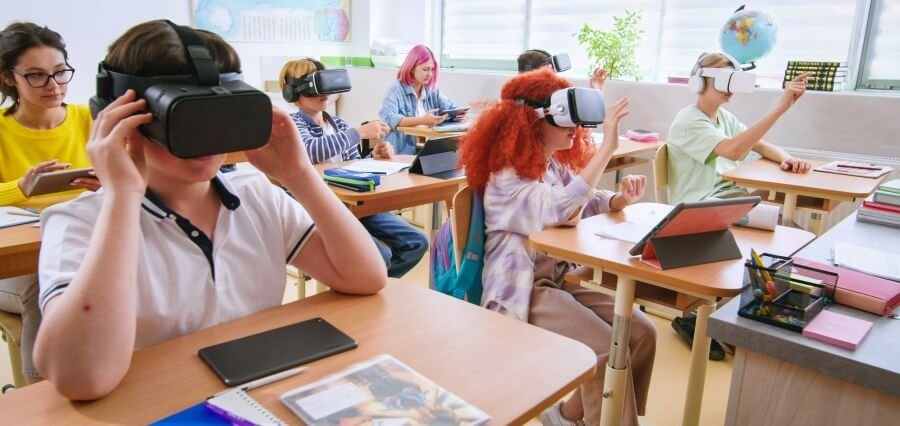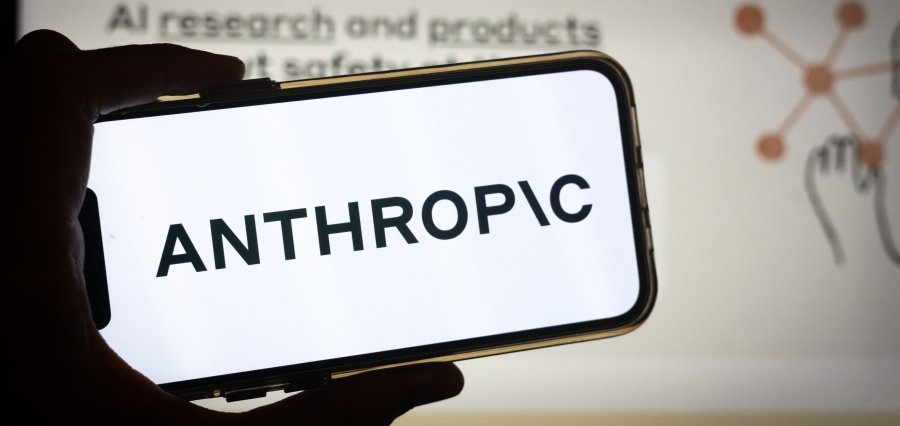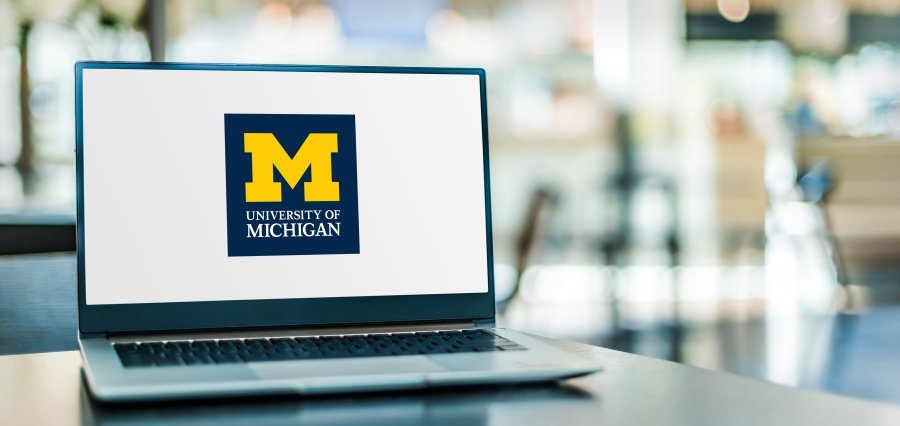Prime Highlights
- US resumes F-1, M-1, and J-1 visa interviews with a new requirement: social media pages must be public.
- Private account students can expect delays, rejection, or further questioning.
Key Facts
- New policy will be in effect for all foreign students who come under academic and exchange visitor visas.
- Social media background is among national security screening in visa processing.
Key Background
The United States has resumed interviews for international student visas for academic and exchange programmes under F-1, M-1, and J-1 visa categories. But with an important twist, applicants will be required to publicly make their social media profiles visible. The directive is one of the heightened screenings by the US State Department that is also in sync with overall immigration policy in the interest of national security.
With the new rule, when an applicant’s social media accounts are private or limited, it would be considered presumptive red flag or an attempt to hide something. It may lead to administrative processing delay or even visa refusal. Consular officers will now examine applicants’ posts on all forms of platforms in an attempt to assess their background, intent, and affiliations. The program aims to bar people whose suspected extremist beliefs or associations are suspected from entering the country in the guise of students.
The action is a continuation of practices in earlier administrations, particularly the Trump administration’s policy on immigration. The policies sought to limit certain foreign student enrollments, especially from politically contentious nations. The updated version has caused concerns among education officials and civil rights groups. The critics indicated that tracking students’ internet browsing breaks the right to privacy and may be disproportionately applied to those who engage in political or social activism.
University officials, particularly from nations such as India that send great quantities of foreign students to the US, are warning students to reevaluate their online presence. Educational counselors now emphasize connecting online activity to declared field of academic study. Meanwhile, embassies have resumed visa appointment availabilities but in restricted capacity, with lengthy waiting periods expected. The new regulation highlights the growing importance of internet activity in visa determination and an unembellished new age for technology-driven immigration screening.
Read Also : OpenAI Considers Antitrust Action Against Microsoft Over Growing Tensions

